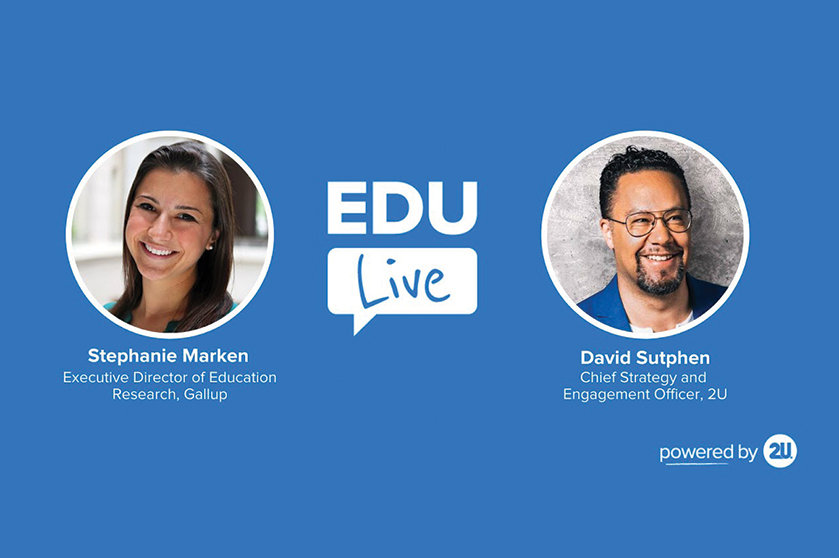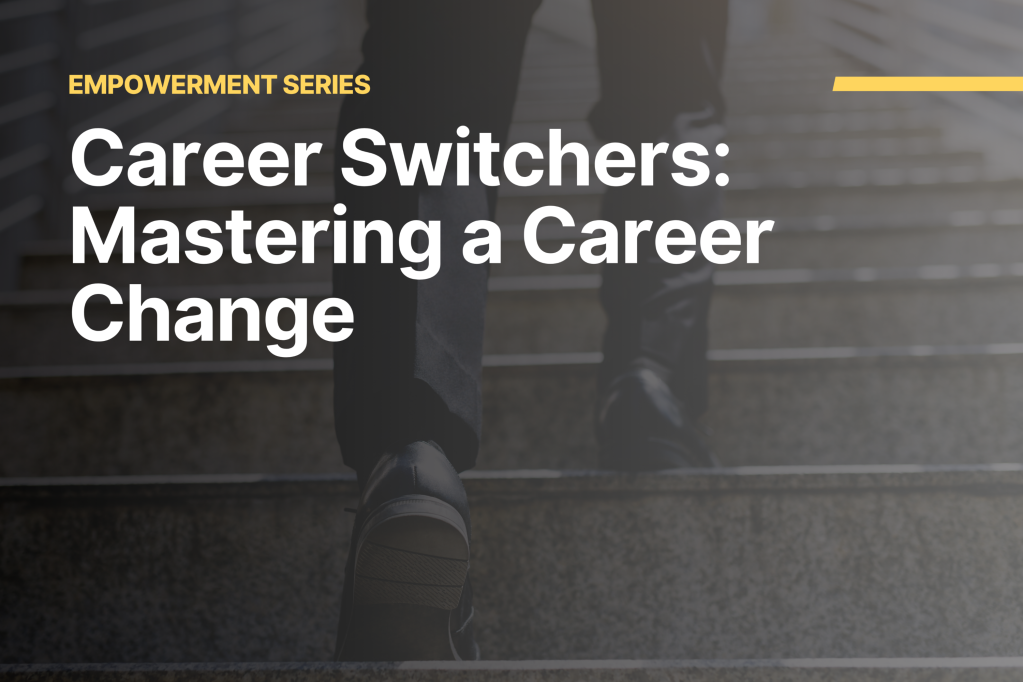Volunteering presents a unique opportunity to meet people, discover talents, and fuel passions.
Maybe you’ve had ample experience volunteering, are looking to try it out for the first time, or fall somewhere in the middle. Either way, we have good news: there are plenty of opportunities to go around, each of them offering great potential to learn more about yourself and others.
We spoke with a few career coaches and experts to discuss the value of community service and learn how it can fast-track you towards meaningful life and career opportunities.
The case for community service: Four reasons why volunteer opportunities benefit your career
The career experts and coaches that we consulted are no strangers to mission-driven work. Aside from daily interactions with students and job seekers, many of them participate in community service and volunteer work. Hear from a few of them as they discuss their experiences with volunteering and learn how it could make an impact on your career.
#1. Acquire new skills and perspectives
“Volunteering can help you gain experience and skill sets that many employers want. For example, nonprofits frequently need help with accounting, marketing, event planning, and much more. Volunteering is also a great way for you to test out a new job if you aren’t sure you want to switch to a new career.”
– Deanna Parkton, career expert at edX

#2. Set yourself apart from other professionals
“Volunteering can be an excellent topic to use when networking or interviewing. If you’re asked behavioral questions in an interview like, ‘Describe a time when you had a challenge where…’ — you can draw on community service experiences to help answer them.”
– Christine Cherian, career expert at edX

“I think community service gives students the chance to speak about experience rather than just projects. Students should leverage this opportunity to separate themselves from others that are interviewing for the same role that may have the same [educational] background.”
– Kyle Martinowich, career expert at edX

#3. Find your joy and fulfillment
“I feel having passions and hobbies outside of your career, like community service, helps you become a well-rounded person and live a fuller life. I think, if there’s anything that we’ve learned through this pandemic and the isolation, it’s that we need each other. [And that] we need to interact with other people. And that we want to work to live, not necessarily live to work.”
– Heather Hans, career expert at edX

“Give your time to causes that matter to you. That will sustain your commitment to the work and bring you the greatest joy. Have the topic [of community service] come up organically and share how your volunteerism has impacted you, your lifestyle, and your heart.”
– Tiffany Tram, career expert at edX

#4. Discover new passions
“I remember a student who had a web development background. She was one of the most intelligent girls in her boot camp. Other students would ask her for help, so she started volunteering by doing some type of office hours. After that, she found her passion and now is actually a teaching assistant. She loves it. So, that [career discovery] came from doing some kind of volunteering.”
– Arlette Villarreal, career expert at edX

Tips to maximize your community service
As it turns out, helping others and helping yourself are not mutually exclusive. Participating in community service can boost your personal, social, and professional life. Here’s are a few tips to guide you as you plan your next volunteer experience:
- Focus on alignment. When pursuing community service opportunities, prioritize organizations that share your values. The more passionate you are about the cause, the less volunteering will feel labor-intensive.
- Expand your network. The past few years have taught us that networking — especially in-person — is not to be taken for granted. In sharing passions and experiences with others, you might form valuable connections with people that could vouch for you.
- Do your best work. You never know who is watching. Use service opportunities to showcase your skills and talents. Be sure to capture relevant wins, key metrics, and completed projects on your resume, as you would with freelance positions.
- Make service part of your story. Employers often seek out mission-driven candidates who possess desirable transferable skills. Feature community service in your professional brand and career materials – this might help you stand out among other candidates.










